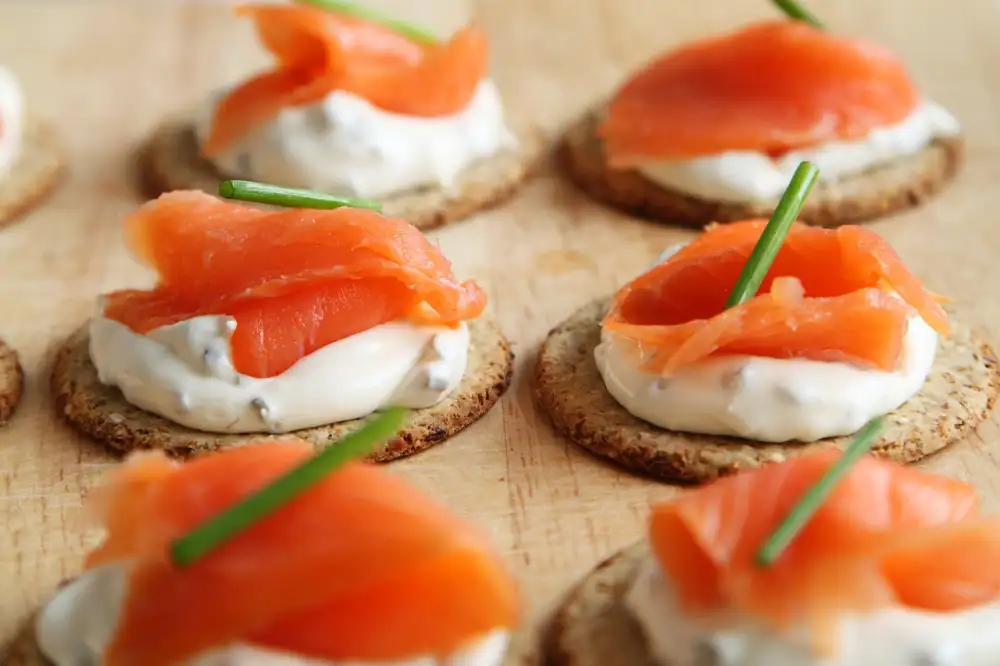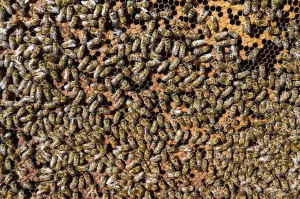Is it Safe to Eat Raw Salmon? Unveiling the Truth Behind this Culinary Delight

- Understanding the potential risks associated with raw salmon consumption
- The importance of sourcing high-quality, fresh salmon for raw consumption
- Exploring the health benefits of eating raw salmon
- Debunking common myths about raw salmon consumption
- Safe alternatives to raw salmon for those concerned about food safety
Raw salmon has gained popularity in recent years, with dishes like sushi and sashimi becoming a favorite among food enthusiasts. However, concerns about the safety of consuming raw fish, particularly salmon, have also arisen. This article aims to delve into the topic and uncover the truth behind whether it is safe to eat raw salmon. By understanding the potential risks, sourcing high-quality fish, exploring health benefits, debunking myths, and considering safe alternatives, readers can make an informed decision about including raw salmon in their culinary adventures.
Understanding the potential risks associated with raw salmon consumption
Understanding the potential risks associated with raw salmon consumption is crucial for making informed decisions about its consumption. Raw salmon can contain harmful bacteria such as Salmonella and Vibrio, which can cause foodborne illnesses. These bacteria are commonly found in fish and can be present even in high-quality, fresh salmon. Additionally, parasites like tapeworms can also be present in raw salmon, posing a risk to human health. Therefore, it is important to handle and prepare raw salmon properly to minimize these risks.
The importance of sourcing high-quality, fresh salmon for raw consumption
When it comes to consuming raw salmon, the quality and freshness of the fish are of utmost importance. Choosing high-quality salmon ensures that you minimize the risks associated with consuming raw seafood. Look for reputable suppliers who prioritize sustainable fishing practices and have strict quality control measures in place. Freshness can be determined by checking for bright, clear eyes, firm flesh, and a mild oceanic smell. By sourcing high-quality, fresh salmon, you can enjoy the flavors and health benefits of this culinary delight with peace of mind.
Exploring the health benefits of eating raw salmon
Raw salmon is not only a delicious culinary delight but also offers numerous health benefits. Packed with omega-3 fatty acids, raw salmon promotes heart health and reduces the risk of cardiovascular diseases. It is also rich in high-quality protein, essential for muscle growth and repair. Additionally, raw salmon contains vitamins B12 and D, which support brain function and strengthen bones. The presence of selenium in raw salmon boosts the immune system and protects against oxidative stress. With its nutrient-rich profile, consuming raw salmon can be a great way to nourish your body and enhance overall well-being.
Debunking common myths about raw salmon consumption
There are several misconceptions surrounding the safety of consuming raw salmon. One common myth is that all types of salmon are safe to eat raw. However, not all salmon species are suitable for raw consumption. It is crucial to choose high-quality, sushi-grade salmon that has been properly handled and stored.
Another myth is that freezing salmon eliminates the risk of parasites. While freezing can reduce the risk, it does not guarantee complete elimination. Freezing at -20°C (-4°F) for a minimum of 7 days can help kill parasites, but it is still recommended to source fresh, high-quality salmon from reputable suppliers.
Some people believe that consuming raw salmon can lead to food poisoning or bacterial infections. While there is a small risk of contamination, proper handling and preparation significantly reduce this risk. Sourcing from reputable suppliers and ensuring proper storage and hygiene practices can minimize any potential health hazards.
It is also important to note that consuming raw fish in moderation as part of a balanced diet does not pose significant health risks for most individuals. The key lies in making informed choices and being aware of the potential risks associated with raw seafood consumption.
By debunking these common myths, we can better understand the safety measures involved in enjoying the culinary delight of raw salmon while minimizing any potential health concerns.
Safe alternatives to raw salmon for those concerned about food safety
For those who are concerned about the safety of consuming raw salmon, there are several safe alternatives to consider. One option is to opt for smoked salmon, which undergoes a curing and smoking process that kills any potential bacteria. Another alternative is to cook the salmon thoroughly, either by baking, grilling, or pan-frying it. This ensures that any harmful bacteria are eliminated. Additionally, canned salmon is another safe option as it goes through a sterilization process during canning. By choosing these alternatives, individuals can still enjoy the flavors of salmon while minimizing the risk of foodborne illnesses.
In conclusion, consuming raw salmon can be a delightful culinary experience, but it is important to make an informed decision. While there are potential risks associated with raw salmon consumption, sourcing high-quality, fresh salmon and following proper handling and storage practices can minimize these risks. Additionally, the health benefits of eating raw salmon, such as its high omega-3 fatty acid content, cannot be overlooked. However, for those concerned about food safety, there are safe alternatives available. Ultimately, it is up to individuals to weigh the risks and benefits and make a decision that aligns with their preferences and health considerations.
Published: 21. 11. 2023
Category: Food



